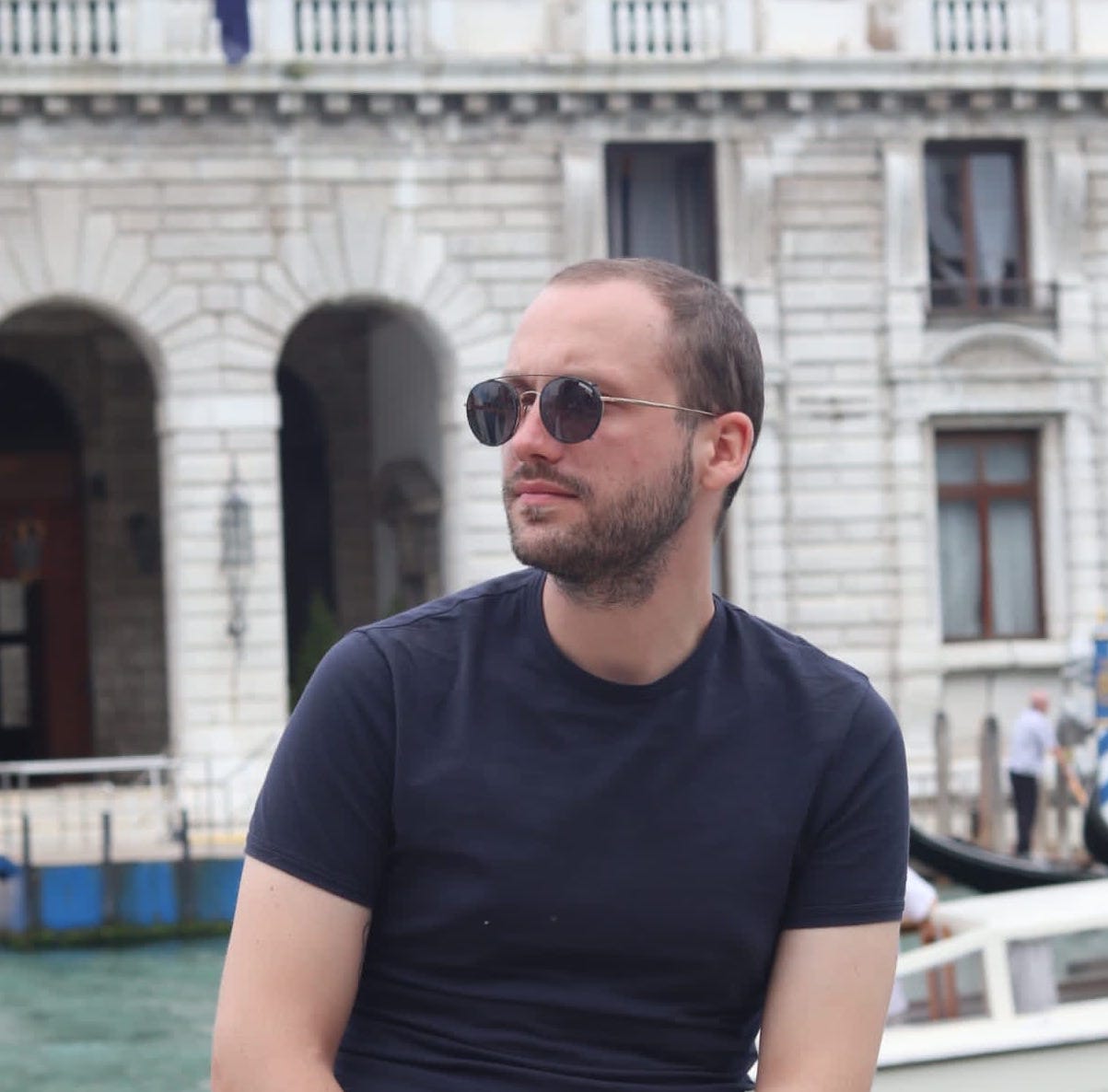Ambiguity, metamorphosis, obsession: the single defining the whole. Peremptory, energetic, conformist: artificial description beyond reality. Indicating, judging, coercive: an infused dance between different similarities. The finger can be several things, genesis and destruction, personifying man in choices and emotions. Representing a finger is the synthesis of a broad reflection between sacred and profane, between cultures and history, between man and nature. Creativity that gives life to new visions of being.

Armando Testa, “Lord Finger”, exhibition view, Galleria Continua San Gimignano, 2024, courtesy the artist and GALLERIA CONTINUA, photographer Duccio Benvenuti
«To have maximum freedom in drawing, I have to have a theme. In my creative research, the theme of the finger has always fascinated me. The finger is an absolute protagonist in the life of man […] its possibilities seem limitless». This is how Armando Testa – a famous artist from Turin (1917-1992) – commented on his interest in an element that is as vital as it is architectural. For him, it was a fixed thought that came to life at an early age, when he worked in a typographic studio with movable type: his manual dexterity and the repetitive gesture of his fingers instilled a kink that was reflected in many of his pictorial and advertising researches. Armando Testa was a master of communicating through images.

Armando Testa, “Lord Finger”, installation view (“Dito con bombetta”, 1968; “Dito bronzeo”, 1969; “Dito con germoglio”, 1970; “Dito con macchine”, 1970), Galleria Continua San Gimignano, 2024, courtesy the artist and GALLERIA CONTINUA, photographer Duccio Benvenuti
His skilful use of colour, shapes and elements replaced others as a yardstick for comparison and emphasis. In his work there was no distortion of the image, but a reformation of all the parts brought into play. Symbionts such as man-object, animal-object, object-nature, man-nature. An ambiguity not often declared, a fluid transformation of concept and content. In his career, painting, plasticism and advertising followed a synchronous and sometimes joint path: consumer objects, political and social activism, traditions and culture, different messages with a mixture of different media. The artist conceived his own style of making art at 360°, without disowning or completely detaching himself from currents such as Surrealism, Abstractionism and Neo-Plasticism. Galleria Continua in San Gimignano is dedicating a small retrospective to Armando Testa entitled Lord Finger, focusing on this theme with works ranging from the 1960s to the 1990s. The exhibition is to be seen as a dislocated and collaborative addition to the large monographic exhibition with wich Ca’ Pesaro, the International Gallery of Modern Art in Venice, pays homage to the Turin artist and which can be visited until mid-September.

Armando Testa, “Dita (performance)”, 1975, fotografia B/N, 125 x 195 cm, courtesy the artist and GALLERIA CONTINUA, photographer Duccio Benvenuti
Mixed-media paintings, works on paper, photographs, sculptures: art works of different workmanship representing only the finger. A series of photographs show the thumb or index finger in a Dada or Surrealist key: in a bowler hat, as a candle, between cars or in water, genesis of a bud. They are mirrored by paintings of different sizes with monochrome backgrounds and more or less marked details: copper sheets, newspaper, with an opening in the heart of the canvas to imagine scenarios and situations. In other, more recent, shots, fingers dance among them, an energetic performance without a face but an allusion to convulsive or sensual bodies. The sculptures give that sense of ensemble, indicating or concealing, exalting or blaming, binding to grow and branch out.

Armando Testa, “Senza titolo (il cerchio si stringe)”, 1987, acrilico su tela, 103 x 143 cm, courtesy the artist and GALLERIA CONTINUA, photographer Duccio Benvenuti
For Armando Testa, the theme of the finger gave shape to multiple visions of mankind. An artistic obsession that took him out of the working and decisive schemes typical of advertising. With the latter, the intentions were clear, constructed with a finely tuned narrative, but which, in truth, with the multiple forms of visual art could travel from imagination to imagination, lead to unreal worlds and suggest repeated observation.
Info:
Armando Testa. Lord Finger
Galleria Continua
13/07 – 18/08/2024
Piazza della Cisterna 26, San Gimignano (SI)
www.galleriacontinua.com

Art Curator and Art Advisor, graduated in Visual Arts and Cultural Mediation, with Master in Curatorial Practices, born in 1995, lives in Naples. He collaborates with Galleries and Independent Spaces, his research is mainly focused on Emerging Painting, with a careful and inclined gaze also on other forms of aesthetic language.






NO COMMENT